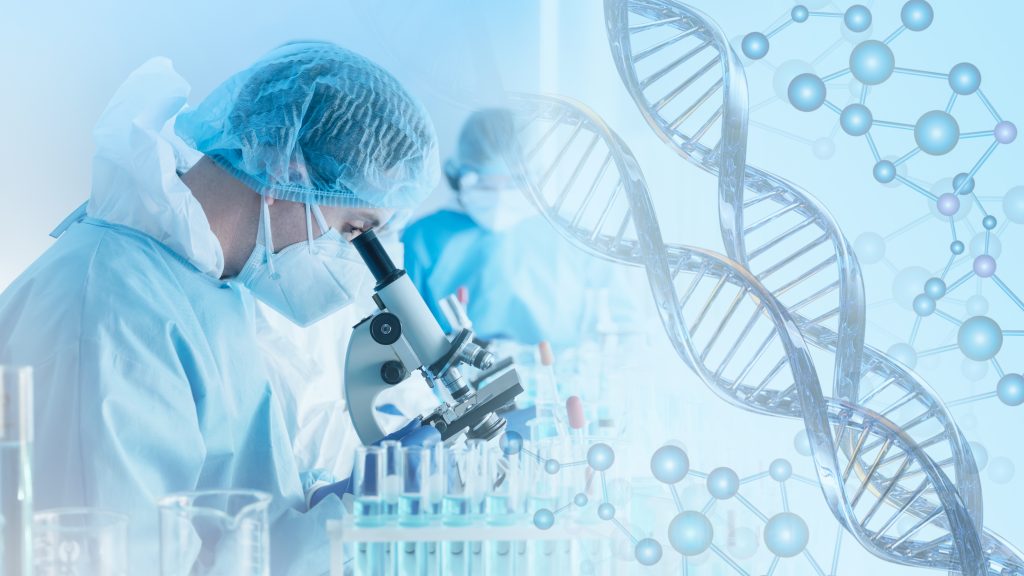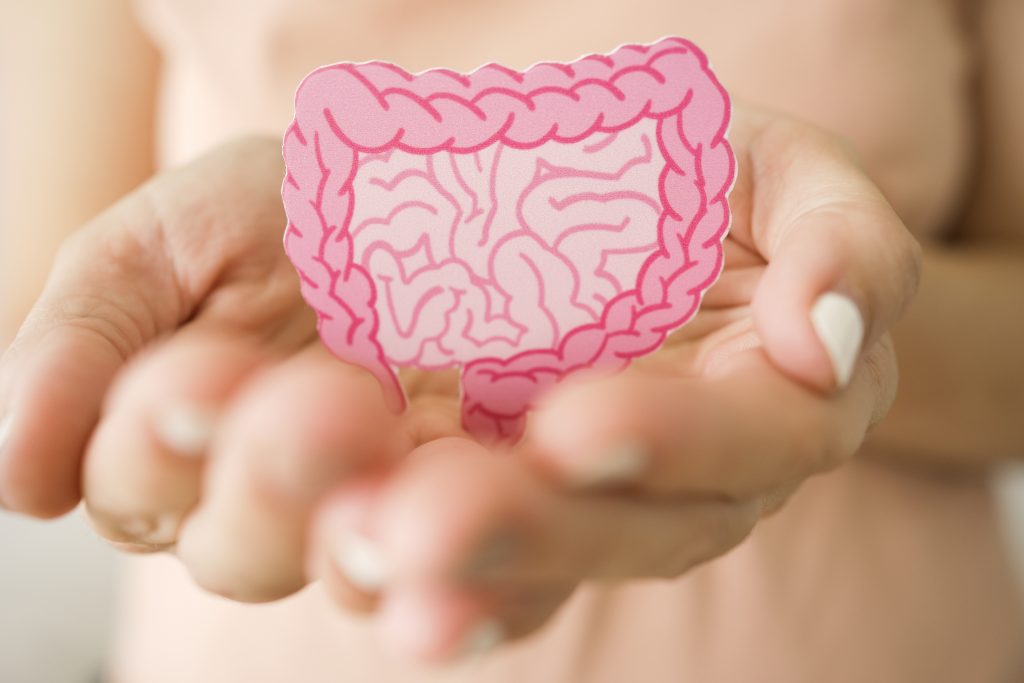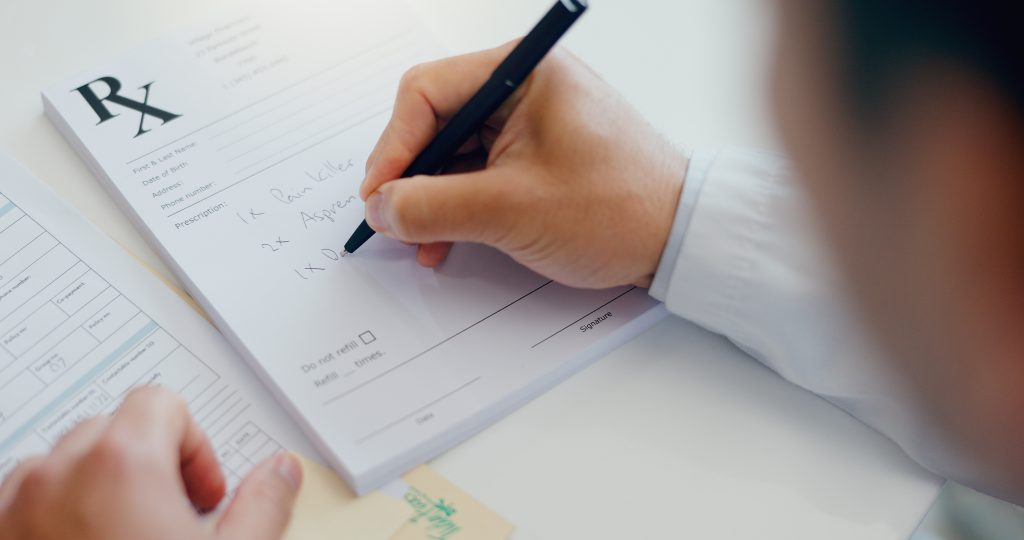After a colonoscopy procedure, patients are typically given sedation to help them relax and avoid discomfort. As a result of the sedation, patients may feel groggy or disoriented after the procedure and take some time to regain full consciousness.
So, how long does it take to wake up after colonoscopy? The answer varies depending on the individual and various factors surrounding the procedure.
Key Takeaways
- Colonoscopy patients are typically given sedation to help them relax during the procedure.
- The amount of time it takes to wake up after colonoscopy varies depending on the individual and other factors surrounding the procedure.
Understanding the Colonoscopy Procedure
A colonoscopy is a medical procedure used to examine the lining of the colon and rectum. It is commonly performed as a preventative measure for colon cancer, allowing doctors to identify and remove potentially cancerous growths. The procedure involves inserting a long, flexible tube with a camera on the end, called a colonoscope, into the rectum and guiding it through the entire colon.
During the procedure, patients are typically given sedatives to help them relax and minimize discomfort. The type of sedation used depends on the patient’s medical history and the doctor’s preference.
The most common form of sedation is called conscious sedation, which involves administering medications that make the patient feel drowsy and relaxed, but still conscious and able to communicate. In some cases, general anesthesia may be used, which involves putting the patient into a deep sleep. This is more commonly used for patients who are unable to tolerate conscious sedation, such as those with severe anxiety or certain medical conditions.
Sedation Methods
There are several methods of sedation used during a colonoscopy:
| Sedation Method | Description |
|---|---|
| Intravenous (IV) Sedation | Medications are administered through a vein in the arm, allowing the sedative to take effect quickly. |
| Inhalation Sedation | Patient inhales nitrous oxide (also known as laughing gas) through a mask, which produces a relaxed and euphoric state. |
| Oral Sedation | Patient takes a pill that produces a sedative effect, usually a benzodiazepine like Valium or Xanax. |
The choice of sedation method will depend on the patient’s medical history, preferences, and the doctor’s recommendation.
The Effects of Sedation
During a colonoscopy, sedation is commonly used to alleviate discomfort and reduce anxiety for the patient. The type and amount of sedation used will depend on the individual’s medical history and the physician’s recommendation. Sedation is administered either intravenously or through gas inhalation.
While sedation can help the patient relax and feel more comfortable during the procedure, it can cause drowsiness and reduced alertness afterward. It is not uncommon for patients to feel groggy and disoriented after waking up from a colonoscopy. However, it is essential to note that the effects can vary depending on different factors.
In some cases, patients may experience side effects such as nausea, dizziness, headache, or muscle aches. These are generally temporary and should subside within a few hours or a day. Drinking plenty of fluids and resting can help alleviate these symptoms.
It is crucial to follow the physician’s instructions for post-procedure care, including taking prescribed medication to relieve any pain or discomfort. Patients should also arrange for a ride home as it is not safe to operate heavy machinery or drive a vehicle until the sedation has worn off entirely.
Factors Affecting Wake-Up Time
Several factors can impact how long it takes for a patient to wake up from sedation after a colonoscopy procedure. The type of sedation used is one of the most significant factors. Generally, there are two types of sedation: conscious sedation and deep sedation.
| Type of Sedation | Effect on Wake-Up Time |
|---|---|
| Conscious Sedation | This type of sedation will cause the patient to feel drowsy but still aware of the procedure. In most cases, waking up from conscious sedation occurs within 30 minutes to an hour after the procedure. |
| Deep Sedation | Deep sedation will cause the patient to be in a state of unconsciousness throughout the procedure. Waking up from deep sedation may take longer, typically between 45 minutes to an hour and a half after the procedure. |
The length of the colonoscopy procedure can also affect wake-up time. A longer procedure may require a higher dose of sedation, which can prolong the waking up process. Additionally, a patient’s age, weight, and overall health can influence how long it takes to come out of sedation. Certain medications and health conditions may also affect wake-up time.
It is important to note that individual experiences may vary, and waking up times are not always predictable. Patients should always follow their doctor’s post-procedure instructions and have a responsible adult accompany them home after the procedure.
Typical Wake-Up Timeframes
After the completion of a colonoscopy procedure, patients are typically moved to a recovery room and monitored until the effects of the sedative medication wear off. The time it takes to wake up after colonoscopy can vary depending on several factors, including the type and dosage of sedation used, the patient’s age and overall health, and the individual’s response to the medication.
In most cases, patients will start to wake up within 10-30 minutes after the colonoscopy procedure. However, some patients may take longer to wake up than others, and it is not uncommon for patients to feel groggy or disoriented for a short period after regaining consciousness. Patients may also experience mild side effects such as bloating, cramping, or gas discomfort, which typically subside within a few hours after the procedure.
It is important for patients to follow their doctor’s instructions and make arrangements to have a friend or family member drive them home after the procedure due to the lingering effects of the sedative medication. Patients should also avoid driving or operating heavy machinery for at least 24 hours after the procedure, and should not consume alcohol or make important decisions during this time.
Personal Experiences and Variations
While some patients may wake up shortly after a colonoscopy procedure, others may take longer to regain their full consciousness. The exact timeframe is influenced by a variety of factors, making it difficult to predict how long an individual patient will require to awaken.
Some patients report that they woke up feeling groggy, disoriented, and even confused, while others may have a more positive experience. It’s worth noting that the different types of anesthesia used during a colonoscopy procedure may also have an impact on how long it takes for a patient to wake up. Sedation medication, such as propofol, is commonly used in colonoscopy procedures. This type of medication can cause sleepiness and can take some time to wear off, delaying the awakening process.
Additionally, age, weight, and overall health may also contribute to different wake-up timeframes. Older patients or those with existing medical conditions may take longer to recover after sedation than younger, healthier patients. Each patient’s unique situation and response to medication can have a significant impact on how long it takes to regain consciousness.
Personal Stories
“I woke up feeling completely out of it, and it took me a few hours to fully regain my senses after the colonoscopy. I’m not sure if it was the medication or just my body reacting differently than normal, but it definitely took me longer to come to than I had anticipated.” – John, 52
“The anesthesia didn’t really affect me that much, and I found myself awake and alert after the procedure. I didn’t feel groggy or disoriented, which was a relief.” – Sarah, 30
These personal stories highlight the individual variations that can occur when it comes to the wake-up timeframe after a colonoscopy procedure. Patients should understand that the recovery process can differ greatly from person to person and that it’s essential to have a responsible adult accompany them home after the procedure.
Holistic Treatment Modalities at the Cancer Center for Healing
The Cancer Center for Healing, located in Irvine, CA, is a leading facility for holistic cancer care. Under the supervision of Dr. Leigh Erin Connealy, the center’s comprehensive approach focuses on treating all types of cancer using holistic treatment modalities.
Unlike traditional cancer treatments, which often focus solely on eliminating cancer cells, the Cancer Center for Healing takes a whole-person approach, addressing the underlying causes of cancer and promoting overall health and wellness.
Some of the holistic treatment modalities offered at the Cancer Center for Healing include:
| Treatment Modality | Description |
|---|---|
| Acupuncture | Ancient Chinese practice that helps to balance the body’s energy and promote healing. |
| Nutritional Counseling | Customized plans to address specific nutritional needs and support healing. |
| Ozone Therapy | Administering ozone gas to the body to promote healing and reduce inflammation. |
The center also offers a range of other holistic treatments, including IV therapy, hyperbaric oxygen therapy, and more.
At the Cancer Center for Healing, patients receive personalized treatment plans tailored to their unique needs and circumstances. Dr. Connealy and her team work closely with each patient to ensure they receive the care and support they need to achieve optimal health and wellness.
If you or a loved one is facing a cancer diagnosis, consider scheduling a consultation with the Cancer Center for Healing. They can be reached at (949) 680-1880.
Comprehensive Cancer Care Approach
The Cancer Center for Healing provides a comprehensive approach to cancer care, emphasizing the importance of treating the whole person, not just the disease. Under the guidance of Dr. Leigh Erin Connealy and her team of skilled practitioners, patients receive personalized care that includes a range of conventional and alternative therapies.
The center’s integrative approach to cancer care is designed to support the body’s natural healing processes and strengthen the immune system. This approach includes advanced diagnostic testing, personalized treatment plans, nutritional counseling, and supportive care services.
| Comprehensive Cancer Care Services: |
|---|
| – Nutrition Therapy |
| – Chiropractic Care |
| – IV Therapies |
| – Hyperbaric Oxygen Therapy |
| – Thermal Imaging |
| – Acupuncture |
| – Mind-Body Medicine |
| – Naturopathic Medicine |
By utilizing a range of evidence-based therapies, the Cancer Center for Healing offers patients a comprehensive approach to cancer care that can help improve treatment outcomes and overall quality of life.
Scheduling a Consultation
For those interested in the holistic cancer care offered at the Cancer Center for Healing in Irvine, CA, scheduling a consultation is quick and easy. Simply call (949) 680-1880 to speak with a representative and schedule an appointment with Dr. Leigh Erin Connealy, the overseeing physician.
Conclusion
Knowing how long it takes to wake up after a colonoscopy can provide patients with peace of mind and help them prepare for the recovery period. Recovery time after colonoscopy varies from patient to patient, but the type of sedation used and individual factors can influence the wake-up time.
It’s important to understand the colonoscopy procedure and the effects of sedation to better comprehend the waking up process. Although waking up after colonoscopy anesthesia recovery can be daunting, most patients can expect to regain consciousness within a few minutes to an hour.
At the Cancer Center for Healing, patients receive comprehensive cancer care using holistic treatment modalities. Dr. Leigh Erin Connealy oversees the center’s efforts to provide personalized care to patients with all types of cancer. If you are looking for a holistic approach to your cancer treatment, schedule a consultation with the Cancer Center for Healing today by calling (949) 680-1880.
FAQ
Q: How long does it take to wake up after a colonoscopy?
A: The duration it takes for patients to regain consciousness after a colonoscopy procedure can vary. However, most patients typically wake up within 30 minutes to an hour after the procedure.
Q: What is the colonoscopy procedure?
A: The colonoscopy procedure involves the insertion of a flexible tube with a camera into the colon to examine its lining for abnormalities. Sedation is usually administered to help patients relax and minimize discomfort during the procedure.
Q: What are the effects of sedation during a colonoscopy?
A: Sedation can cause drowsiness and relaxation, which helps patients tolerate the colonoscopy procedure. It can take some time for the effects of sedation to wear off, leading to varying wake-up times for different individuals.
Q: What factors can affect wake-up time after a colonoscopy?
A: Several factors can influence how long it takes for a patient to wake up after a colonoscopy. These factors include the type and dosage of anesthesia used, individual differences in metabolism, and the overall health of the patient.
Q: What are the typical wake-up timeframes after a colonoscopy?
A: Most patients wake up within 30 minutes to an hour after a colonoscopy. However, some individuals may take longer to regain full consciousness.
Q: Are there variations in wake-up time after a colonoscopy?
A: Yes, waking up after a colonoscopy can vary from person to person. Factors such as age, overall health, and individual responses to anesthesia and sedation can contribute to variations in wake-up time.
Q: What holistic treatment modalities are offered at the Cancer Center for Healing?
A: The Cancer Center for Healing, overseen by Dr. Leigh Erin Connealy, offers a range of holistic treatment modalities for cancer care. These include integrative medicine, nutrition therapy, mind-body medicine, and detoxification protocols.
Q: What is the comprehensive approach to cancer care at the Cancer Center for Healing?
A: The Cancer Center for Healing takes a comprehensive approach to cancer care, focusing on treating the whole person rather than just the disease. Their approach includes addressing the physical, emotional, and spiritual aspects of healing.
Q: How can I schedule a consultation at the Cancer Center for Healing?
A: To schedule a consultation at the Cancer Center for Healing, please contact us at (949) 680-1880. Our dedicated staff will assist you in setting up an appointment.


















